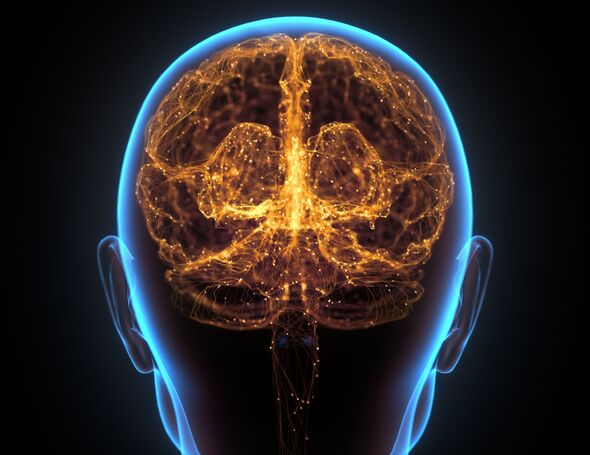Science
New Research Identifies Early Alzheimer’s Signs through Proteins

Scientists have unveiled significant insights into early signs of Alzheimer’s disease, focusing on specific proteins in the body. This groundbreaking research, led by the Global Neurodegeneration Proteomics Consortium (GNPC), was published in the journal Nature Medicine. The initiative, launched in 2023 with support from notable figures such as billionaire philanthropist and Microsoft co-founder Bill Gates, aims to enhance our understanding of neurodegenerative diseases.
Researchers have long recognized that individuals carrying two copies of the APOE4 gene face a tenfold increase in their risk of developing Alzheimer’s. Despite this knowledge, the mechanisms behind this correlation remained unclear until now. The GNPC team discovered that the APOE4 protein plays a crucial role in the body’s inflammatory and infection responses, factors that may contribute to Alzheimer’s disease progression.
In addition to uncovering the protein’s role, the consortium identified blood markers capable of confirming the presence of the high-risk APOE4 gene with a remarkable 99% accuracy rate. This advancement underscores the connection between Alzheimer’s disease and the accumulation of amyloid and tau proteins in the brain, which have been linked to the disease’s onset.
Implications for Future Research and Treatment
The implications of this research extend beyond academic knowledge. Charles Marshall, a professor of clinical neurology at Queen Mary University of London, remarked, “This paves the way for drug discovery work that could ultimately lead to new treatments.” He emphasized that understanding the patterns of protein abnormalities may provide valuable insights into the biology of neurodegenerative conditions.
Furthermore, Simon Lovestone, global head of discovery and translational research at Johnson & Johnson, highlighted the transformative potential of this research. He noted that the extensive dataset, combined with standardized clinical information, serves as an extraordinary resource that can reshape how researchers study, detect, and treat neurodegenerative diseases.
This collaboration exemplifies the power of public-private partnerships in advancing scientific research. The GNPC’s formation brought together leading research institutions, supported by both Johnson & Johnson and Gates Ventures, showcasing a commitment to tackling some of the most pressing challenges in healthcare.
As this research progresses, it offers hope for early detection and intervention in Alzheimer’s disease, moving society closer to a future where a diagnosis may no longer equate to a death sentence. The insights gained from this study could lead to more effective treatments, improving the quality of life for millions affected by neurodegenerative diseases worldwide.
-

 Health3 months ago
Health3 months agoNeurologist Warns Excessive Use of Supplements Can Harm Brain
-

 Health3 months ago
Health3 months agoFiona Phillips’ Husband Shares Heartfelt Update on Her Alzheimer’s Journey
-

 Science2 months ago
Science2 months agoBrian Cox Addresses Claims of Alien Probe in 3I/ATLAS Discovery
-

 Science2 months ago
Science2 months agoNASA Investigates Unusual Comet 3I/ATLAS; New Findings Emerge
-

 Science1 month ago
Science1 month agoScientists Examine 3I/ATLAS: Alien Artifact or Cosmic Oddity?
-

 Entertainment5 months ago
Entertainment5 months agoKerry Katona Discusses Future Baby Plans and Brian McFadden’s Wedding
-

 Science1 month ago
Science1 month agoNASA Investigates Speedy Object 3I/ATLAS, Sparking Speculation
-

 Entertainment4 months ago
Entertainment4 months agoEmmerdale Faces Tension as Dylan and April’s Lives Hang in the Balance
-

 World3 months ago
World3 months agoCole Palmer’s Cryptic Message to Kobbie Mainoo Following Loan Talks
-

 Science1 month ago
Science1 month agoNASA Scientists Explore Origins of 3I/ATLAS, a Fast-Moving Visitor
-

 Entertainment2 months ago
Entertainment2 months agoLewis Cope Addresses Accusations of Dance Training Advantage
-

 Entertainment3 months ago
Entertainment3 months agoMajor Cast Changes at Coronation Street: Exits and Returns in 2025









